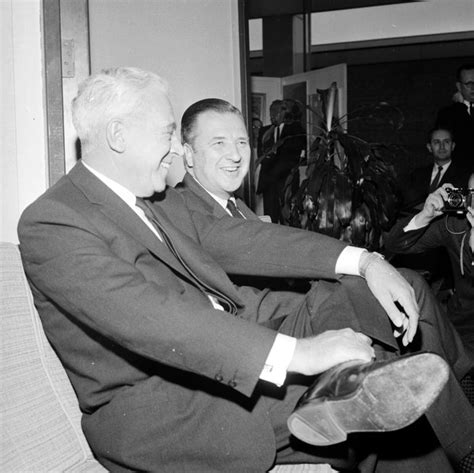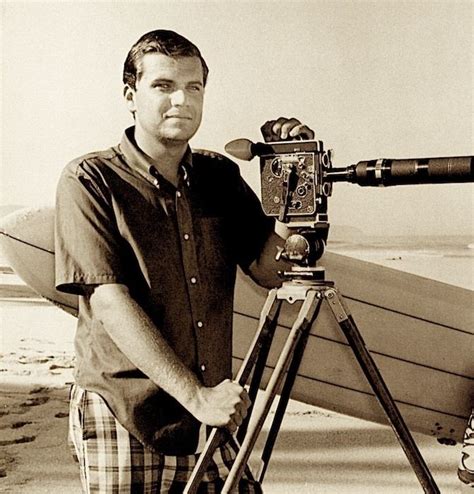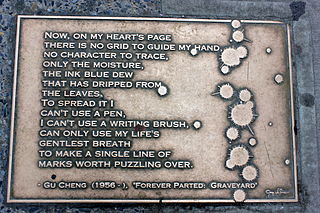A Quote by David Hewson
Flash turns up the optical volume so that whatever lies behind the lens - be it film or a digital sensor - is a little more receptive.
Related Quotes
They took 3-D digital photographs of my entire body. I had to pose stark naked, assuming a kind of Spider-Man position. After a minute, one of the technicians pointed to my genitals and said, Um, we're not getting enough data there ... It wasn't what you think. It turns out that the fancy digital camera doesn't pick up dark areas too well, and they were having trouble because of the hair down there. I actually had to spray on this highlighter stuff. (On having digital photos taken for the invisible man role in the film Hollow Man)
The precise effects of lensing depend on the mass of the lens, the structure of space-time, and the relative distance between us, the lens, and the distant object behind it. It's like a magnifying glass, where the image you get depends on the shape of the lens and how far you hold it from the object you're looking at.
If you need to strap a camera to you or get in a small space, then it makes sense to use digital.I do think it is possible to use a digital camera artistically, but it can only be good if you are using film technique. Film has grain, and digital has pixels, and there is not that much of a difference, but digital does not replace the need to create a scene and light it properly and spend time considering the shot.



































